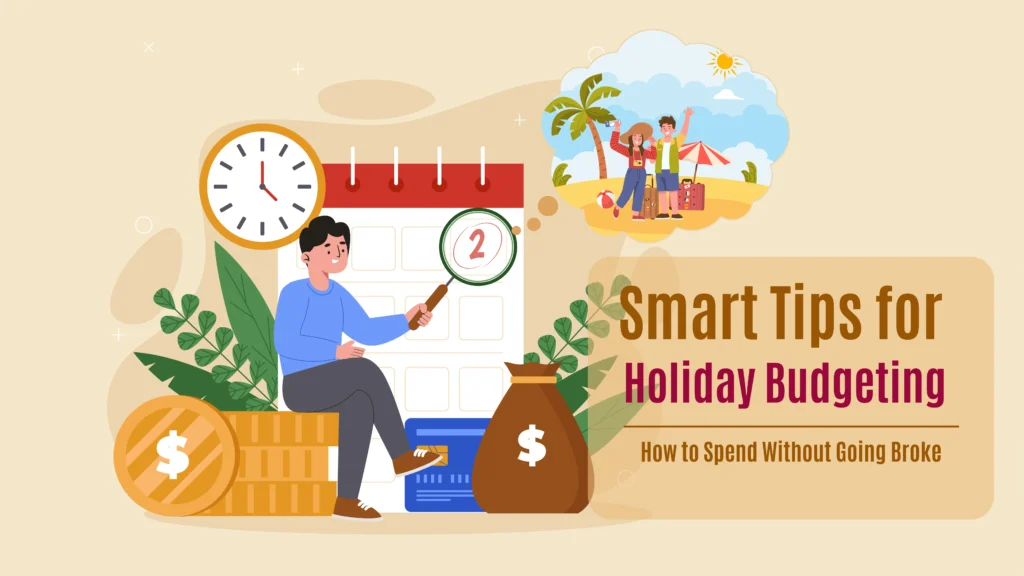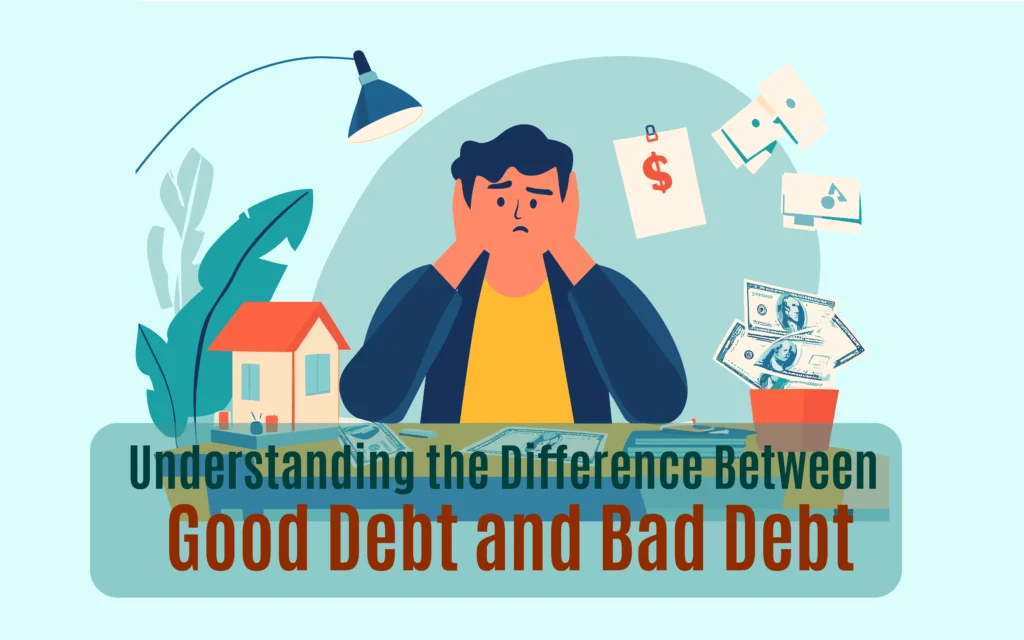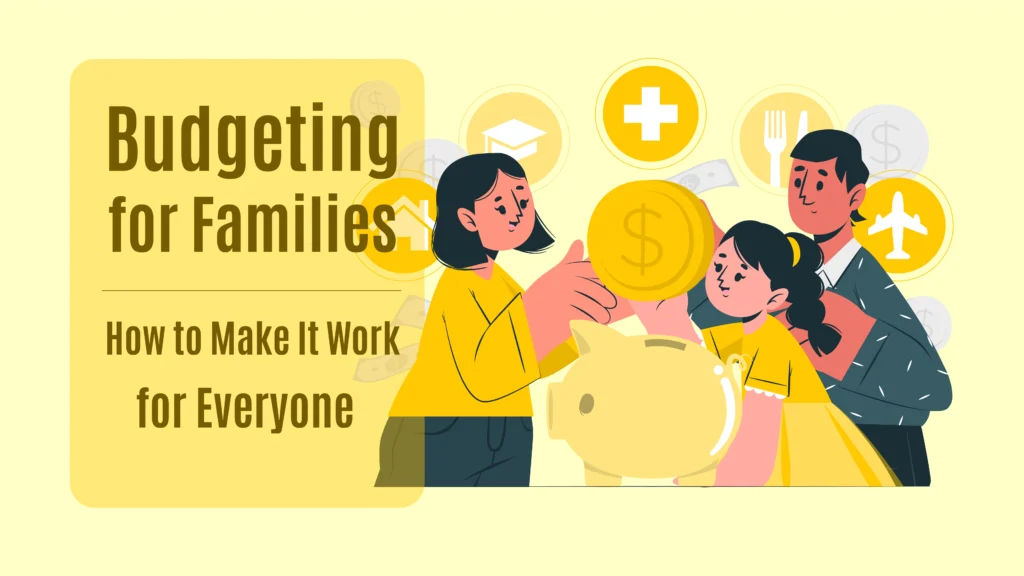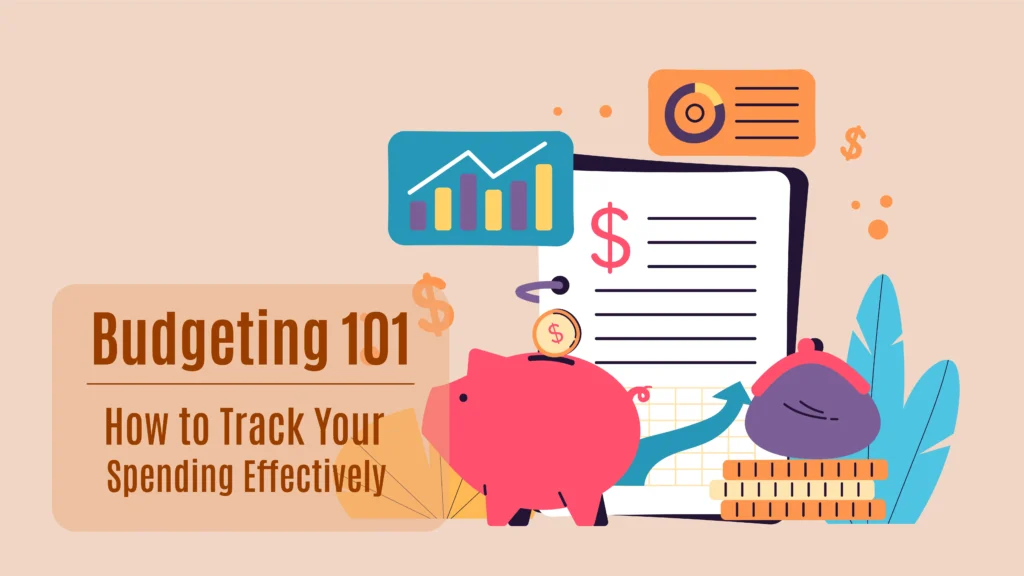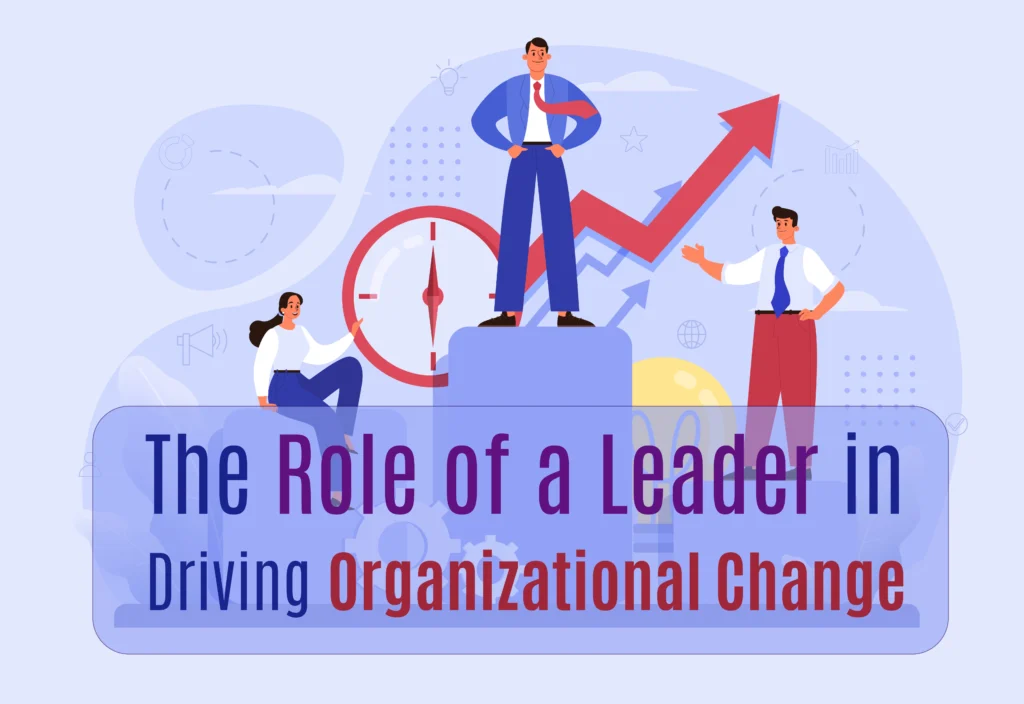Should You Pay Off Debt Before Retirement? Pros and Cons
Planning for retirement is one of the most significant financial journeys you’ll take, and one crucial question often arises: Should you pay off debt before retirement, or carry it into your golden years? This decision can be the difference between financial peace and unnecessary stress in retirement. While becoming debt-free offers emotional and financial freedom, it’s not always a one-size-fits-all solution.
From mortgages and credit cards to student loans, debt can complicate retirement plans, but paying it off might mean sacrificing savings, investments, or lifestyle goals. So, how do you know what’s right for your situation? In this article, we’ll walk through the pros and cons of paying off debt before retirement, helping you make an informed choice tailored to your unique financial goals. Let’s explore the factors you.
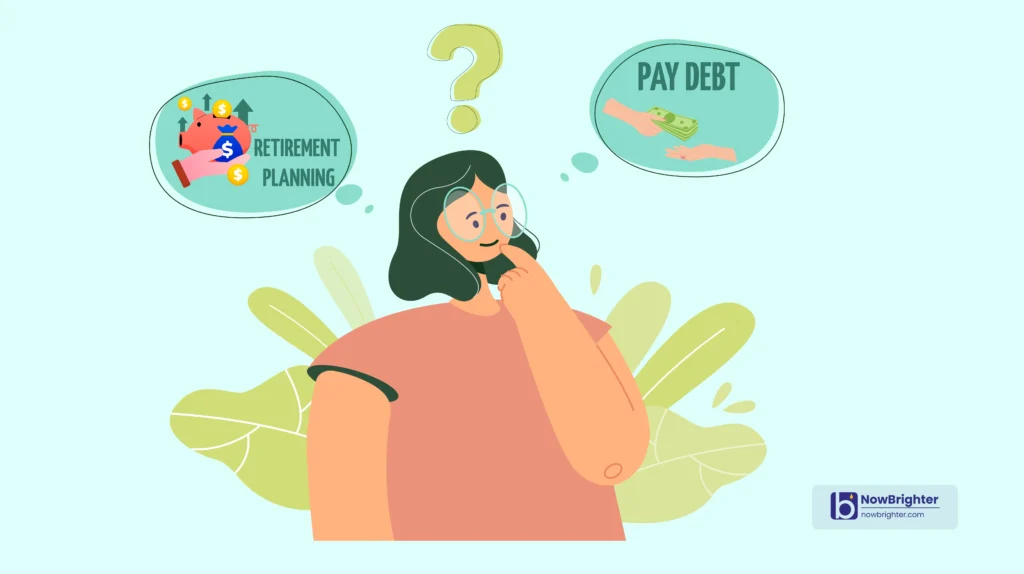
Understanding the Impact of Debt in Retirement
Carrying debt into retirement can pose a significant challenge, especially when your income becomes more limited. Your financial flexibility will decrease, and the burden of debt payments could prevent you from fully enjoying your golden years. Before we dive into the pros and cons, it’s important to understand the types of debt you may carry and how they can affect your financial security in retirement.
The Financial Burden of Debt During Retirement
Reduced Income in Retirement
Once you retire, your income will likely decrease, coming primarily from sources like Social Security, pensions, and retirement accounts. This reduction in income makes it harder to manage debt payments, which can eat into your monthly budget and leave you with less disposable income.
The Effect of Interest Payments on Your Budget
If you’re carrying high-interest debt, such as credit cards or personal loans, the interest payments alone can become a significant financial burden. Instead of using your retirement income for leisure activities or healthcare, a portion will go toward servicing debt, reducing your financial freedom.
Types of Debt You May Carry into Retirement
Not all debt is created equal. Different types of debt have varying impacts on your financial situation, especially when it comes to retirement.
Mortgage Debt
Mortgages are often seen as more manageable debt due to lower interest rates and the possibility of tax deductions on interest payments. However, carrying a mortgage into retirement can still limit your cash flow, especially if you’re also managing other financial obligations.
Credit Card Debt and Personal Loans
High-interest debt like credit cards and personal loans can be particularly damaging in retirement. Interest rates on these debts tend to be high, meaning your payments may go mostly toward interest, with little progress on the principal. This can lead to financial stress, especially on a fixed income.
Student Loans and Medical Debt
Many retirees still carry student loan debt or have accrued medical debt over time. While federal student loans may offer more flexible repayment options, medical debt can be unpredictable and may significantly strain your finances.
The Pros of Paying Off Debt Before Retirement
Paying off debt before retirement can bring numerous benefits, from increased financial security to greater peace of mind. Here are the key advantages.
Pro 1: Financial Freedom and Peace of Mind
Eliminate Monthly Debt Payments
When you pay off debt before retirement, you free yourself from the obligation of monthly payments. This can significantly reduce your monthly expenses, allowing you to allocate your retirement income toward essentials like housing, healthcare, and day-to-day living.
Reduced Financial Stress in Retirement
Retiring with debt can be a source of anxiety, especially if you’re unsure how you’ll manage payments on a fixed income. Paying off debt can provide emotional peace of mind, knowing that you’re not burdened by monthly obligations and can fully enjoy retirement without financial worries.
Pro 2: Improved Cash Flow and Budget Flexibility
Better Control Over Your Monthly Budget
Being debt-free in retirement gives you greater control over your finances. With fewer bills to pay, you can allocate more of your income to things that enhance your quality of life, such as travel, hobbies, and family experiences.
Freedom to Withdraw Less from Retirement Savings
Without the need to make debt payments, you can avoid withdrawing large amounts from your retirement savings early on. This reduces the risk of depleting your accounts too quickly and allows your investments to continue growing, providing a more sustainable source of income.
Pro 3: Lower Long-Term Costs
Avoid Paying Interest
High-interest debt can eat into your retirement savings. By paying off debt before retirement, you avoid paying additional interest, which can save you thousands of dollars over time. These savings can be redirected toward your retirement goals or emergency fund.
Protecting Retirement Savings from Market Volatility
When you have debt to manage, you may need to sell investments during market downturns to cover payments, potentially locking in losses. By eliminating debt before retirement, you can avoid having to sell assets during market volatility, allowing your investments to recover fully over time.
The Cons of Paying Off Debt Before Retirement
While the idea of entering retirement debt-free is appealing, aggressively paying off debt before retiring isn’t always the best move. Here are some potential downsides to consider.
Con 1: Sacrificing Retirement Savings Growth
Opportunity Cost of Not Investing
When you prioritize paying off debt over investing, you could miss out on the opportunity for higher returns in the stock market or other investments. For example, if your debt carries a 4% interest rate, but your investments could earn 7% annually, focusing on debt repayment may result in lower long-term growth.
Losing Time in the Market
The stock market tends to grow over time, and the longer you stay invested, the more compound interest works in your favor. If you divert funds to debt repayment instead of investing, you may miss years of potential growth, especially in tax-advantaged accounts like a 401(k) or IRA.
Con 2: Impact on Emergency Savings
Risk of Having Insufficient Cash for Emergencies
Paying off debt too aggressively could leave you with limited liquid savings to cover emergencies or unexpected expenses, such as medical bills or home repairs. This could force you to tap into your retirement savings earlier than planned, jeopardizing your long-term financial security.
Reduced Liquidity in Retirement
Debt repayment often requires large, lump-sum payments or significant portions of your monthly income, which can limit your financial flexibility. Entering retirement without sufficient liquid assets may result in challenges when dealing with unforeseen circumstances.
Con 3: Missing Out on Employer Matching Contributions
Prioritizing Debt Over Retirement Savings
If you’re focusing all your efforts on paying off debt, you may neglect contributing enough to your retirement accounts to get the full employer match. Employer contributions to a 401(k) are essentially free money, and missing out on this can significantly affect your retirement savings.
Tax-Advantaged Savings Can Grow Over Time
Not only do contributions to retirement accounts grow tax-deferred, but they also lower your taxable income. By focusing solely on debt repayment, you miss out on the tax benefits and potential compound growth in these accounts, which can hinder your long-term financial security.
Factors to Consider When Deciding
Deciding whether to pay off debt before retirement depends on several personal and financial factors. Here’s what to consider when making your decision.
Factor 1: Interest Rates on Your Debt
High-Interest vs. Low-Interest Debt
Start by assessing the interest rates on your debts. High-interest debt, like credit cards, should be a priority since the cost of carrying this debt into retirement can outweigh the benefits of investing. In contrast, low-interest debt, such as a mortgage, may be less urgent to pay off.
Paying Off High-Interest Debt First
Focus on paying off high-interest debt first, especially those with rates above 6-8%. This strategy saves you money on interest and reduces the risk of debt compounding over time.
Factor 2: Retirement Savings and Income Sources
How Much Have You Saved for Retirement?
Review your current retirement savings and determine if it’s sufficient to cover your living expenses, healthcare costs, and lifestyle choices without relying heavily on debt repayment. If your savings are lacking, it may be wise to prioritize saving and investing rather than aggressively paying off debt.
Do You Have Reliable Income Sources in Retirement?
If you expect reliable sources of income, such as Social Security, pensions, or rental income, these may help cover your debt payments in retirement. On the other hand, if your income sources are less stable, focusing on debt elimination might offer more financial security.
Factor 3: Time Horizon to Retirement
Are You Close to Retirement?
If you’re within a few years of retirement, it may be prudent to focus on paying off debt, particularly high-interest debt. Reducing your financial obligations before transitioning to a fixed income can provide more peace of mind.
Longer Horizons Allow for More Aggressive Investing
If you have 10-20 years before retirement, you can afford to take a more balanced approach—investing for growth while gradually paying off debt. With time on your side, the potential returns from investing may outweigh the immediate benefit of paying off low-interest debt.
Factor 4: Emotional Considerations
Peace of Mind vs. Financial Optimization
Sometimes, the decision to pay off debt is more about peace of mind than financial optimization. Even if it makes more financial sense to invest, the emotional relief of being debt-free may outweigh the potential gains from the stock market. It’s essential to balance financial calculations with personal comfort.
≫ Learn More: 10 Common Retirement Planning Mistakes to Avoid
Strategies for Balancing Debt Payoff and Retirement Savings
If you’re torn between paying off debt and saving for retirement, here are a few strategies to help you strike a balance.
Strategy 1: Follow a Hybrid Approach
Split Contributions Between Debt and Savings
Instead of focusing entirely on one goal, consider splitting your discretionary income between extra debt payments and retirement savings. For example, you could allocate 50% of your extra funds to debt and 50% to your 401(k) or IRA. This way, you reduce your debt burden while still benefiting from compound interest on your savings.
Use Debt Avalanche or Snowball Methods
For debt repayment, choose a strategy that works best for your financial situation. The debt avalanche method focuses on paying off the highest-interest debts first, while the debt snowball method targets smaller debts first to build momentum. Both approaches can help you tackle debt systematically while keeping your retirement savings intact.
Strategy 2: Boost Income to Pay Down Debt Faster
Side Hustles or Part-Time Work
If you want to pay off debt faster without sacrificing retirement savings, consider boosting your income through side hustles or part-time work. This extra income can go directly toward debt payments, accelerating your progress without affecting your savings.
Redirect Windfalls Toward Debt
Windfalls such as tax refunds, bonuses, or gifts can be great opportunities to make lump-sum debt payments. This allows you to reduce your debt quickly while maintaining your regular savings contributions.
Strategy 3: Leverage Low-Interest Rates
Consider Refinancing Debt at Lower Interest Rates
If you have significant debt with a high interest rate, refinancing to a lower rate can reduce your monthly payments and save you money on interest over time. This can free up cash to redirect toward retirement savings while still paying off debt.
Conclusion: Finding the Right Balance Between Debt and Retirement
Deciding whether to pay off debt before retirement isn’t always straightforward. While becoming debt-free can provide peace of mind and financial flexibility, aggressively paying down debt might come at the cost of lost investment growth. Ultimately, the right decision depends on your individual circumstances—such as the type of debt you carry, your retirement savings, income sources, and time horizon.
By carefully weighing the pros and cons, and considering strategies to balance debt repayment with retirement savings, you can create a plan that maximizes your financial security in retirement.

